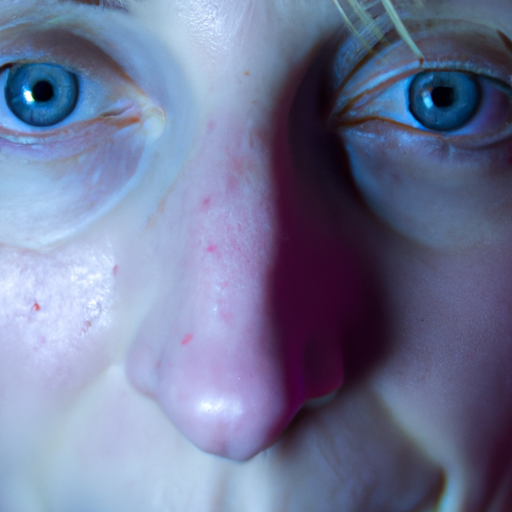Hyperpigmentation is a common, usually harmless condition that darkens patches of skin, making it appear uneven. It occurs when an excess of melanin, the brown pigment that produces normal skin color, forms deposits in the skin. As a doctor, I understand the distress this can cause, especially when it affects visible areas like the face or hands. However, with proper care and treatment, you can manage hyperpigmentation and restore your skin’s natural radiance. Here are five essential tips to help you banish hyperpigmentation.
1. Sun Protection: Ultraviolet (UV) rays from the sun are one of the leading causes of hyperpigmentation. They stimulate the production of melanin, leading to the formation of dark spots. Therefore, it is crucial to protect your skin from harmful UV rays. Use a broad-spectrum sunscreen with an SPF of at least 30 every day, even on cloudy days. Wear protective clothing, such as wide-brimmed hats and long-sleeved shirts, when you’re out in the sun.
2. Topical Treatments: Over-the-counter creams and serums containing ingredients like retinol, vitamin C, niacinamide, and kojic acid can help lighten hyperpigmentation. Prescription creams with higher concentrations of active ingredients like hydroquinone or tretinoin can also be effective. However, these should only be used under the supervision of a dermatologist due to potential side effects.
3. Chemical Peels: Chemical peels can be an effective treatment for hyperpigmentation. They work by removing the top layer of the skin, allowing new, healthier skin to emerge. Glycolic acid, salicylic acid, and lactic acid peels are commonly used for this purpose. It’s important to note that chemical peels should be performed by a trained professional to avoid complications.
4. Laser Therapy: Laser treatments can target hyperpigmented areas with precision, breaking up the pigment so that it can be naturally cleared away by the body. Different types of lasers are used depending on the depth and type of hyperpigmentation. While laser therapy can be highly effective, it’s essential to consult with a dermatologist to understand the potential risks and benefits.
5. Healthy Lifestyle: A healthy lifestyle can also contribute to better skin. A balanced diet rich in antioxidants can help protect your skin from damage. Regular exercise boosts circulation, helping to nourish skin cells. Adequate sleep allows your skin to repair and regenerate.
Remember, everyone’s skin is unique, and what works for one person may not work for another. It’s crucial to consult with a dermatologist or skincare professional before starting any new treatment for hyperpigmentation. They can provide personalized advice based on your skin type, medical history, and specific concerns.
In conclusion, while hyperpigmentation can be a source of distress, it is manageable with the right care and treatment. By protecting your skin from the sun, using appropriate topical treatments, considering professional treatments like chemical peels or laser therapy, and maintaining a healthy lifestyle, you can unmask your skin’s natural radiance and banish hyperpigmentation.



